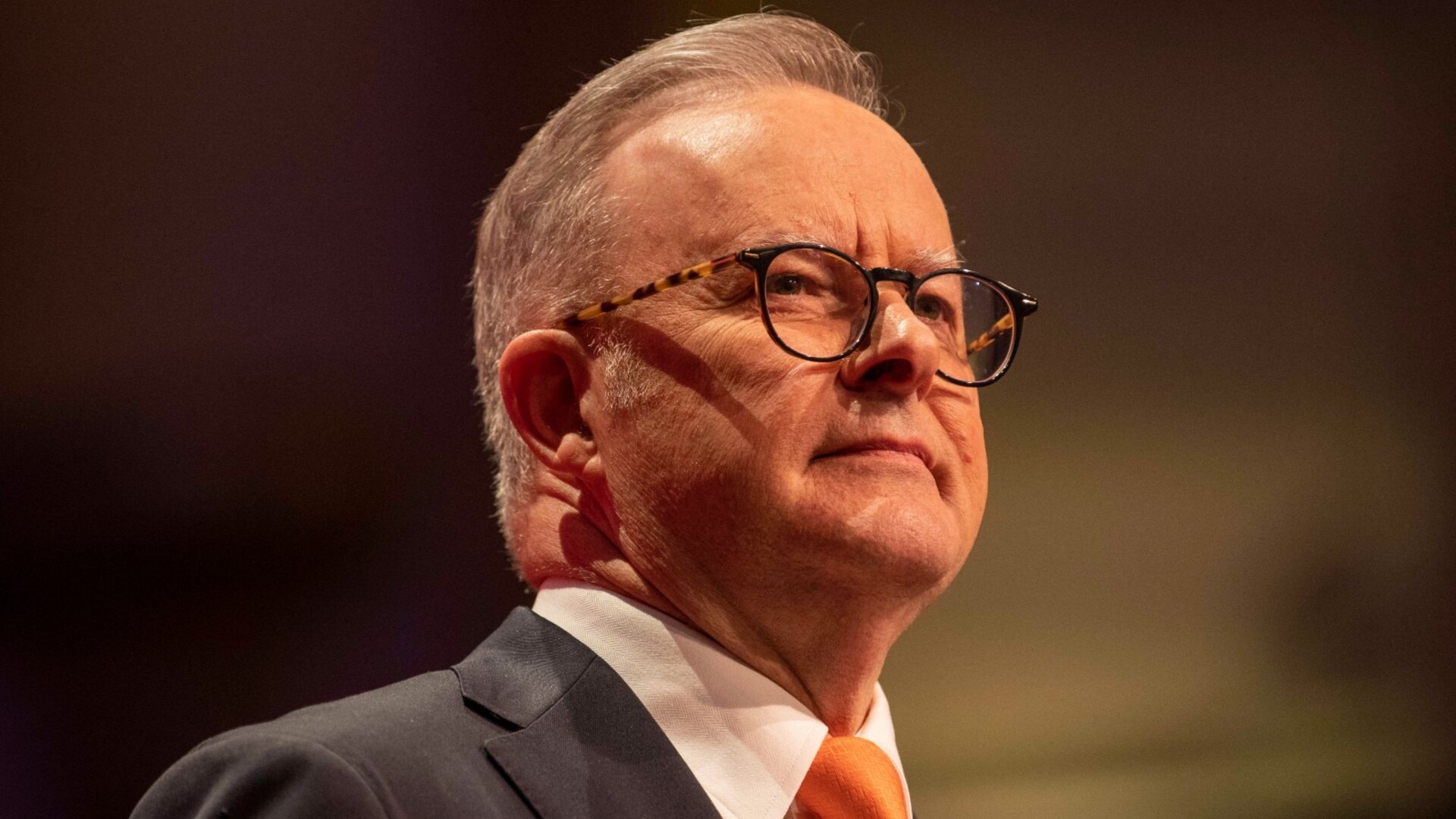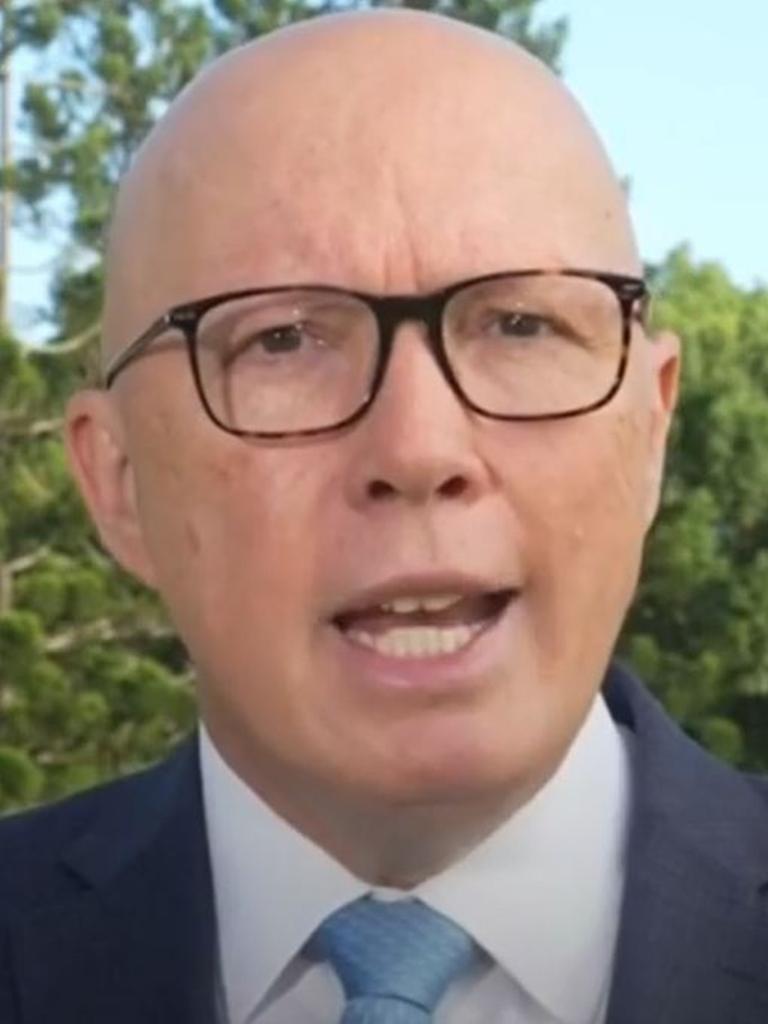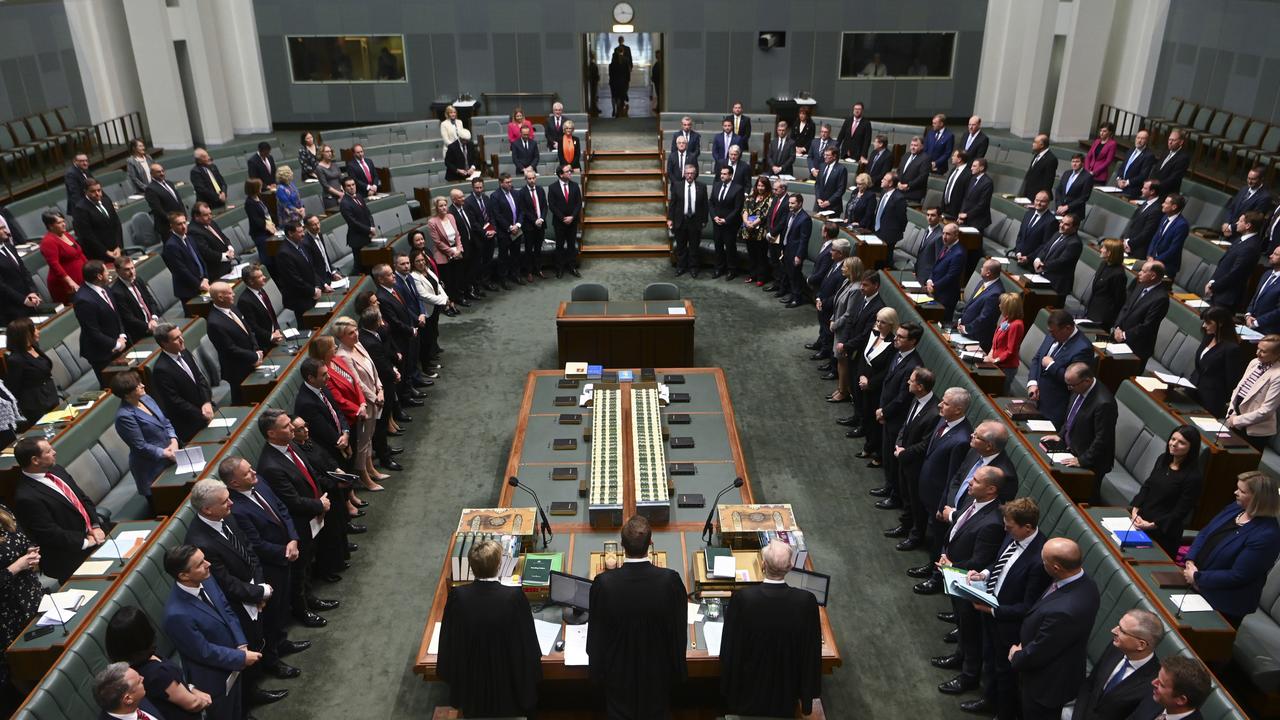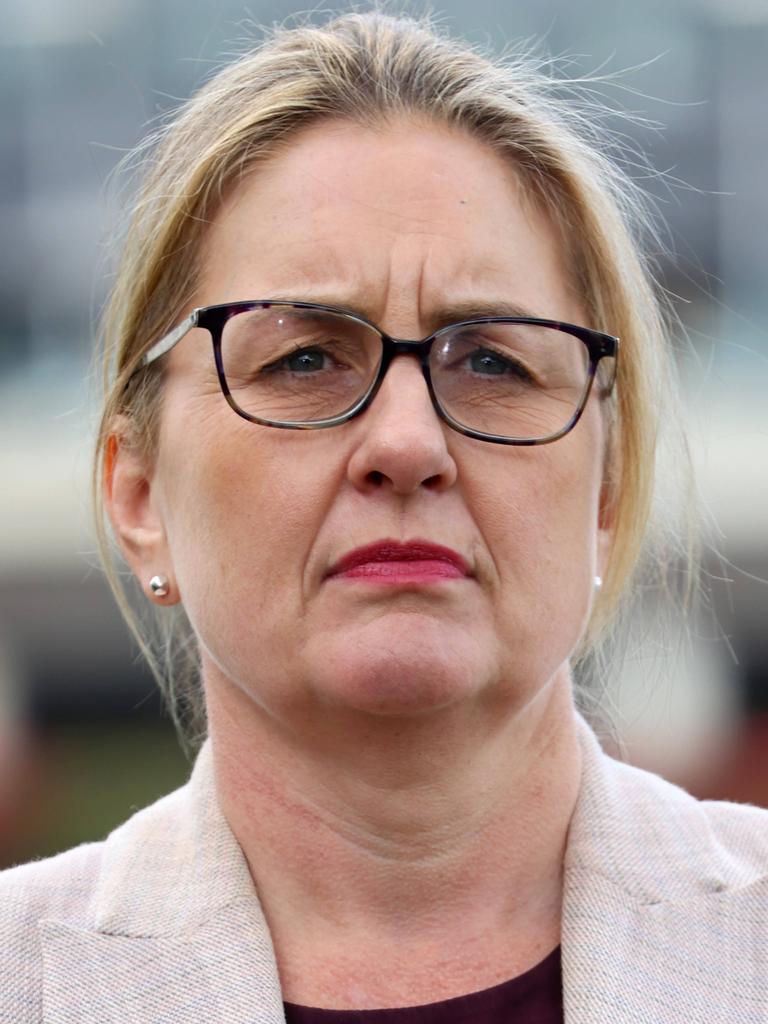Joe Hildebrand: How Aussies count the cost of needless change
By accident or design, Australians created a system that effectively ensures all federal governments have to keep one eye on the public mood at all times, writes Joe Hildebrand.

Australia’s unofficial election campaign kicked off this week and already we are arguing about … election campaigns.
In a kind of polite Canadian-esque echo of the US, where the 2016 and 2020 election results sparked furious debate and predictable sooking about the nature of the electoral system itself, the PM and Opposition Leader here are arguing over whether we should have three-year terms or four.
Or, rather, they are arguing over which one of them raised the idea of changing the federal electoral term from three years to four, with both supporting such a move while at the same time ruling it out.
This in itself tells you everything you need to know about the quality of Australian political debate, so let’s have the real thing.
It has long been accepted wisdom among the political class that the current system of three-year terms, with a perpetual dead man’s brake for the government of the day to go to the polls even earlier, is an archaic anachronism that cripples good government.


The government is able to stack the Senate with double-dissolution triggers that it can pull at any time it is riding high in the polls or desperately needs to save its bacon.
And even if it goes full term, the back-of-a-beer-coaster rule of thumb is that a new government spends its first year basking in victory and undoing the last government’s mistakes, the second year actually implementing its own policy, and the third gearing up for the next election.
In other words, only one year in three is spent actually governing.

As a result, all mainland states now have fixed four-year terms. (Tasmania, bless its cotton socks, has its own rules that resemble a lost appendix from Wisden’s Almanack.)
But have they delivered better results? History is less kind than theory.
In 2007, Morris Iemma won a supposedly unwinnable election to deliver Labor a record fourth term. It was a brilliant campaign and one that many in Labor wished they had lost.
In the four years that followed, Iemma was cruelly ousted in an almighty rupture over power privatisation and a succession of replacements followed, each more disastrous than the last. When last woman standing Kristina Keneally went to the polls against Barry O’Farrell in 2011, the wipeout was even more historic than Iemma’s miracle win. This then presaged a record 12 years of Coalition rule.
In Victoria, Dan Andrews won a third four-year term in a landslide just two years ago and then buggered off a year later. Victorians have been stuck with a lame duck premier ever since and are oiling up their brickbats.
Even the cyclical self-immolation of the Liberals won’t be enough to save Jacinta Allen in 2026, but the electors of the global lockdown capital must still endure two more years of pain.


And if we go up the eastern seaboard, the story remains the same. Voters couldn’t wait to get rid of Steven Miles, and they did. The only cost was a last-ditch splurge of inflationary spending that may yet be depriving us all of a rate cut.
In all of these cases, the government was able to screw around with the process of governing, secure in the knowledge that it had a guaranteed sinecure in which voters would not be permitted to punish it.
If that is democracy then perhaps democracy needs a new name.
By contrast, federal governments are always obliged to keep their eyes on the prize.
They cannot afford to kick back and hope to ride out any populist storms.
In the past this has been considered a bad thing. Governments not having the time and security they need to make the tough decisions, to bed down solid structural and macroeconomic reform and all that.
But they don’t do it anyway. And even if they did, are big reforms that people don’t want the reforms a democratic government should be making?
In the UK they have fixed five-year terms and a revolving door of prime ministers that would put our roll call to shame. They just elected Keir Starmer in a landslide and now he is public enemy No.1, and Reform UK is more popular than the Conservatives despite having seats you could count on one hand.
Is that stability?
And America famously has fixed four-year terms for its presidents. How stable are they!
These are the two countries from which our system of government is derived. Call me crazy, but I’m not convinced adopting even more of their rules will solve all our problems.
In fact, the best thing we did was on our own. By accident or design we created a system that effectively ensures that all federal governments have to keep one eye on the public mood at all times.
That, in these crazy and uncertain times, is better for them – it is better for good government.
But, most importantly, it is better for us.
Get The Real Story with Joe Hildebrand wherever you get your podcasts
Originally published as Joe Hildebrand: How Aussies count the cost of needless change





